 Scrap plastic shipments from the U.S. declined from 122 million pounds in January to 120 million pounds in February. That February volume was the lowest single month of plastic exports since December 2003.
Scrap plastic shipments from the U.S. declined from 122 million pounds in January to 120 million pounds in February. That February volume was the lowest single month of plastic exports since December 2003.

 Scrap plastic shipments from the U.S. declined from 122 million pounds in January to 120 million pounds in February. That February volume was the lowest single month of plastic exports since December 2003.
Scrap plastic shipments from the U.S. declined from 122 million pounds in January to 120 million pounds in February. That February volume was the lowest single month of plastic exports since December 2003.
 Scrap plastic traders continue to circumvent import restrictions in one Southeast Asian country by labeling recovered plastic as another type of commodity.
Scrap plastic traders continue to circumvent import restrictions in one Southeast Asian country by labeling recovered plastic as another type of commodity.
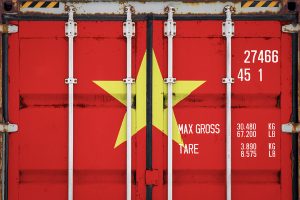 The Vietnamese government has reiterated its plan to phase out scrap plastic imports altogether, noting all scrap plastic will be barred beginning in 2025.
The Vietnamese government has reiterated its plan to phase out scrap plastic imports altogether, noting all scrap plastic will be barred beginning in 2025.
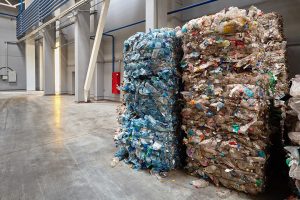 The U.S. exported 121.5 million pounds of scrap plastic in January, marking the lowest single-month volume since January 2005, trade records show.
The U.S. exported 121.5 million pounds of scrap plastic in January, marking the lowest single-month volume since January 2005, trade records show.

A complete ban on scrap plastic imports into India will be delayed until the end of August, giving the global plastics recycling industry some time to adapt.

Chris Cui on stage at the 2019 Plastics Recycling Conference and Trade Show.
Although the recycling relationship between the U.S. and China was hampered by scrap material restrictions, an expert says companies in both countries can help each other.
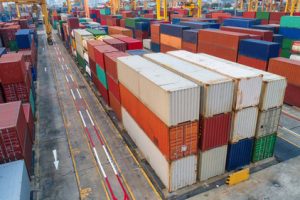 The U.S. exported 1.3 billion fewer pounds of scrap plastic in 2018 than the year before, new figures show, representing a 35 percent decrease.
The U.S. exported 1.3 billion fewer pounds of scrap plastic in 2018 than the year before, new figures show, representing a 35 percent decrease.
This story has been updated.
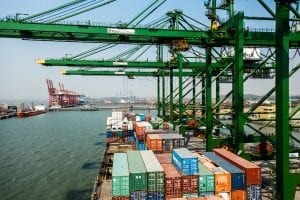 The Indian government says it will ban scrap plastic imports, a move that threatens to further disrupt the U.S. recycling industry by closing a growing market.
The Indian government says it will ban scrap plastic imports, a move that threatens to further disrupt the U.S. recycling industry by closing a growing market.
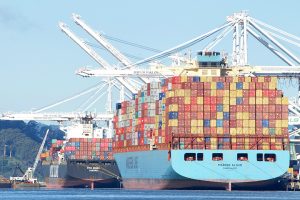 U.S. trade figures for November 2018 were released last week, and they indicate significant year-over-year declines in tonnages of plastics shipped out of the country.
U.S. trade figures for November 2018 were released last week, and they indicate significant year-over-year declines in tonnages of plastics shipped out of the country.
 Year-end customs figures from the Chinese government quantify the country’s overwhelming decrease in recycled plastic purchases in the first year of new import restrictions.
Year-end customs figures from the Chinese government quantify the country’s overwhelming decrease in recycled plastic purchases in the first year of new import restrictions.
